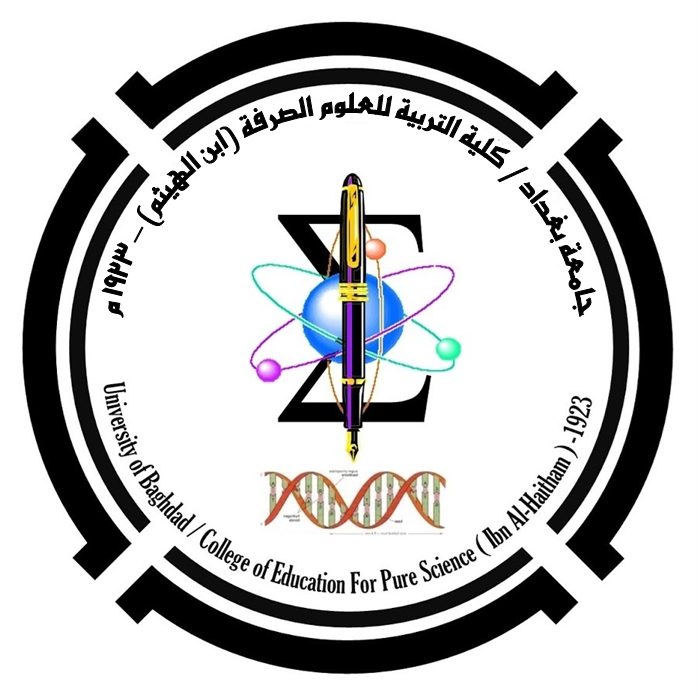Sustainable development in our college
The College holds scientific activities that include the participation of faculty members and students, which aims to spread and Root the culture of innovation as a basic concept to achieve sustainable development and quality of life, as it has become an important event celebrated by the college with the aim of spreading knowledge and promoting the culture of innovation.
The location of the college is far from the sources of pollution and close to the river, which plays its role as a natural protective curtain from various gas emissions and various atmospheric pollutants, which are transmitted by wind movement.
Classrooms and laboratories have natural lighting, and to meet the requirements of air quality in the indoor spaces, ventilation devices have been installed in the laboratories, in addition to natural ventilation through windows overlooking the College Gardens away from street noise and pollution.
Courtyards and open spaces are spacious with an appropriate geometric design, in addition to green organization (afforestation), so that it achieves its function in the best way, in addition to taking care of the playground where students practice their sports hobbies.
Caring for the college garden, which performs many educational and environmental functions, with the allocation of a place in one of the corners of the courtyard to bury the remains of plants, and then re-extract them and use them as organic fertilizer for the courtyard bushes and the growth of garden plants.
Preventing cars from entering the college campus; in order to reduce the percentage of pollution from car exhausts.
Stressing the need to rationalize the consumption of paper by the teaching and professional staff at the college.
Rationalizing the use of energy and water, where the teaching and professional staff at the College were instructed to rationalize the use of electric energy and water and make sure that the power supply is cut off when leaving the place to avoid accidents such as fires and others.
The college is working on recycling waste and separating paper, plastic, flour and wood to benefit from it in recycling and transferring it from the place of consumption to the landfill site to preserve the environment.
Transforming the college into a research center and an incubator for knowledge projects at small and medium levels, especially software projects and Information Technology Services.
Encouraging teachers and students to do research on climate adaptation strategies, and to carry out research in the fields of electricity and energy generation and analysis of the impact of human and economic risks on the environment from building and construction, as well as research on water and sustainable transport, preventing pollution and climate change and solving their problems; to address environmental crises in the country.
The College holds training courses and seminars dealing with the problems of environmental pollution in the country, and ways to treat or reduce them.
Empowering the members of the college community through continuous training and education to ensure change towards sustainability.
Directing the process of preparing and training academic cadres to ensure the inclusion of education for sustainable development in educational practices.
Developing the quality of curricula that are reflected in the sustainability goals.
The establishment of the Environmental Awareness Day, which includes student activities and events to raise students ‘ environmental awareness.
Investing in extracurricular activities opportunities to increase students ‘ understanding of sustainable development.
The faculty strives to apply quality standards in its scientific laboratories.
The college has established clear procedures and policy for receiving complaints from students to study the student’s satisfaction with the services provided.
It provides opportunities to combine learning and work that serve many segments of students.

